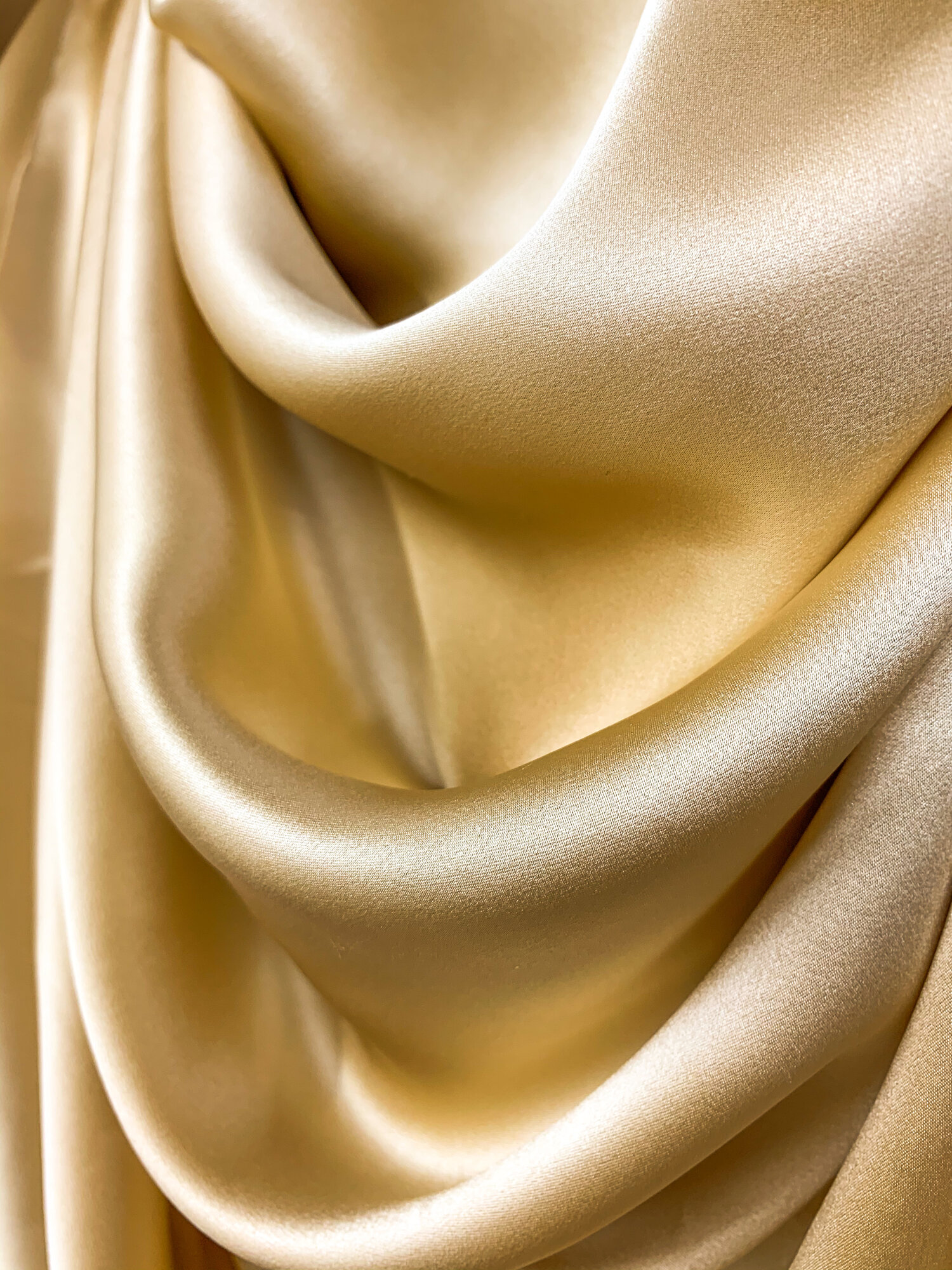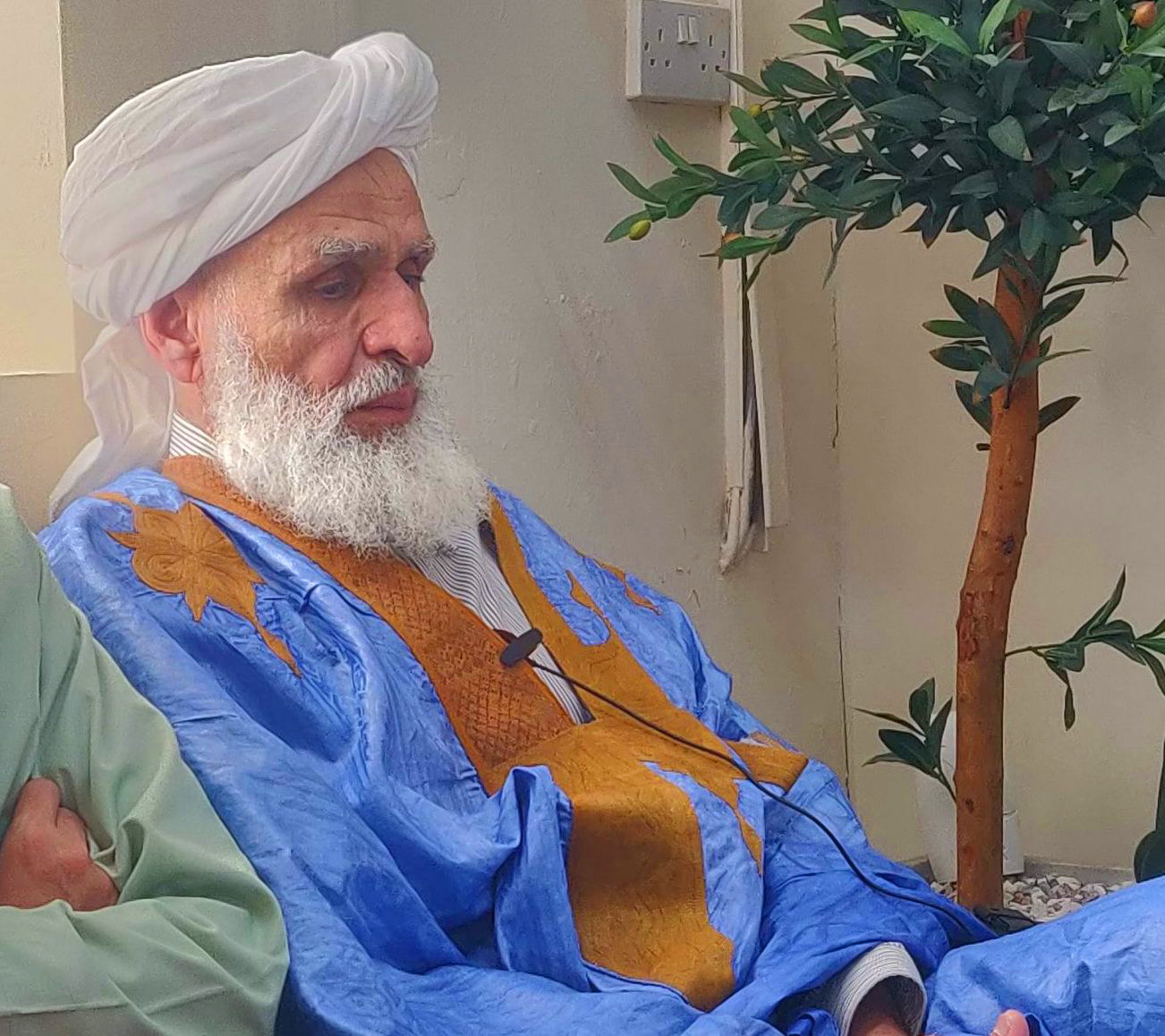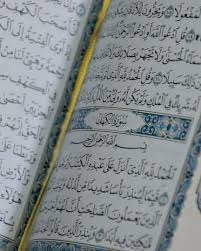Punishment in Sharia is for two things:
1 Public sinning
2 Oppression of people
Punishment in the Sharia is determined in two ways:
1 Hudood: directly from Allah in the Quran
2 Ta’zir: from the ruler (government) by his judgement
The Hadd crimes are:
1 Murder (qatl)
2 Injury (jarh)
3 Rebellion (baghy)
4 Apostasy (ridda)
5 Fornication & Adultery (zina)
6 False accusation of zina (qadhf)
7 Robbery (sariqa)
8 Terrorizing the public (hiraba)
9 Drinking alcohol (shurb al-khamr)
Justice is in the hand of the victim in three ways
The victim or inheritors of the murdered victim have the choice:
1 Qisas: corporeal punishment
2 Diya: financial compensation
3 Afw: forgiveness by the victim or inheritors
If inheritors differ on the three options
In the case of injury, the choice is in the hand of the victim.
In the case of murder, the choice is in the hands of the inheritors.
If one chooses diya or ‘afw, then execution is dropped.
The inheritors will then individually choose diya or ‘afw, and the diya will be decreased accordingly.
Each inheritor recieves or forgives according to the percentage they deserve based on the inheritance laws.
The Qisas / Hadd Punishments are:
1 Murder: execution
2 Injury: eye for an eye
3 Rebellion: execution
4 Apostasy: execution after three days chance to repent
5 Fornication & Adultery: if single, 100 lashes + one year jail; if married, stoning
6 False accusation of zina (qadhf): 80 lashes
7 Robbery (sariqa): cutting of hand
8 Terrorizing the public (hiraba): execution or banshment and the ruler may not forgive it
9 Drinking alcohol (shurb al-khamr): 80 lashes (based on Sayyidna ‘Ali’s analogy with qadhf, which ‘Umar acted upon)
The Compensation Table (Diya)
The full body in case of murder = 1,000 dinars (4,250 grams of gold, with differences of opinion on this conversion)
Full diya is also paid for the loss of:
Intellect
Smell
Taste
Touch
Sight
Speech
Hearing
Sex
Having offspring
Sitting or standing
The bottom part of the nose
The head of the penis
Testicles
Lactation
The skin on top of the head
One eye for one who was blind in the other
All other injuries are subject to hukuma, which is judgment by the physicians as to the degree of loss.
Ta’zir: How the Ruler Can Punish
Imprisonment only the amount of time that would change one’s behavior
Public condemnation
Flogging (with no limit to the number of lashes)
Banishment
Forced sale of property and forcing him to move (e.g. one who harms his neighbors)
Fining him the amount of money he cheated people
Execution
*He may not take his or her money
Flogging
Lashes are with leather straps that do not break the skin or bones.
The strikes should be balanced between light and hard.
The lashing should be on the back between the shoulders.
The criminal should not wear a garment that absorbs the blow.
The criminal should be sitting.
He or she should not be tied up.
Punishments should be witnessed by some members of the public.
Source: Mukhtasar Khalil & Habib bin Tahir’s Al-Fiqh al-Maliki wa Adillatuhu
(The chapters are too long to display here.)
Written by Shadee Elmasry
Reviewed by Shaykh Mahmoud Shabieb






